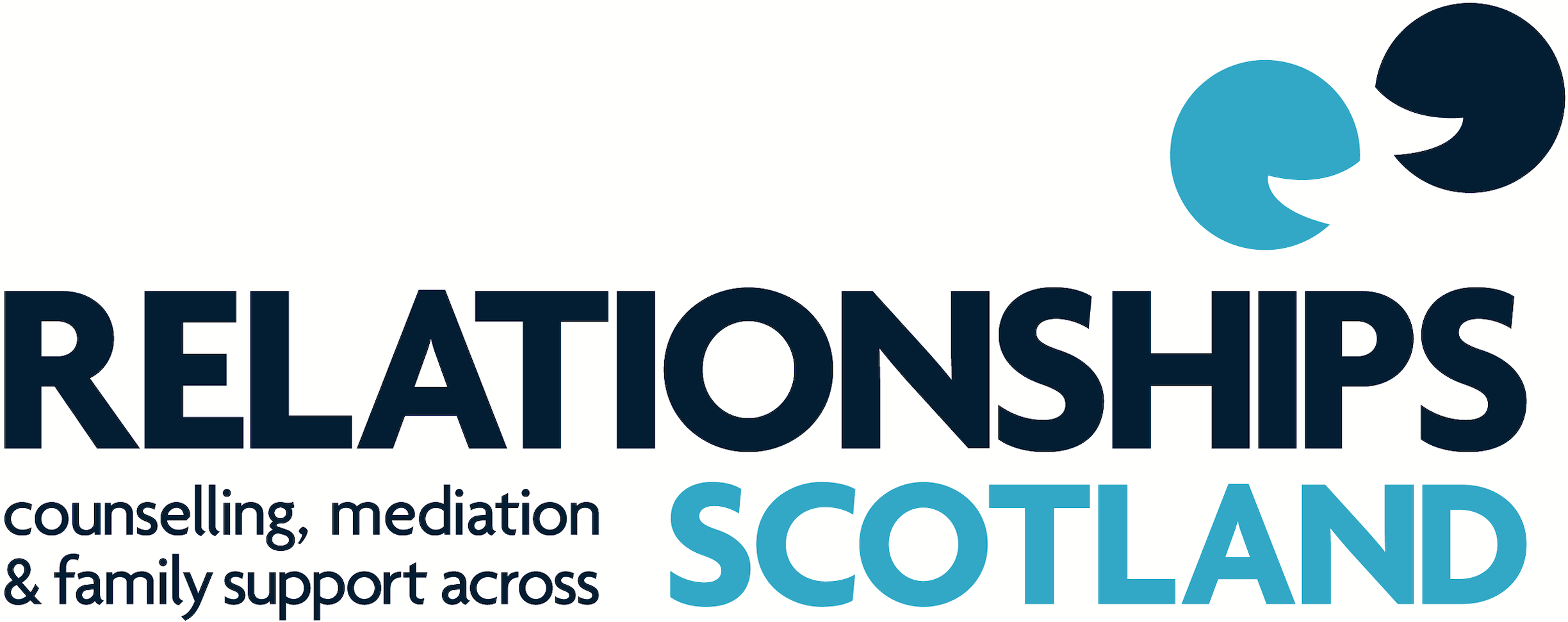
Children, Contact and Lockdown
After a year like no other, it is more important than ever that children are supported to keep in touch with both parents after separation, when it is safe and possible for them to do so, says Stuart Valentine, Chief Executive of Relationships Scotland
Bringing up children, as all parents will know, can be highly challenging. Even with the well-intentioned, and often good advice of friends and family, most parents will struggle, at least some of the time. But if you are going through a divorce or separation, which many more people are following the year-long pandemic, it becomes much more difficult. Especially for the children.
In Scotland today, around one third of children lose contact with one of their parents following divorce or separation. Most commonly they lose touch with their dad, but in some cases this will be with their mum. As a result, many thousands of children are spending their childhoods and beyond without a relationship with one of the most important people in their lives.
In the majority of these cases, there are no fundamental reasons why this should happen. Most parents are not a danger to either their children or their ex-partners, and as such it seems quite tragic for both them and their children that they should spend their lives without knowing one another. Indeed, Article 9 of the United Nations Convention on the Rights of the Child states, “Children whose parents have separated have the right to stay in contact with both parents unless this could cause them harm”.
Two services that support families through separation and divorce, and help children to stay in touch with both parents, are family mediation and child contact centres. Family mediation helps separating parents agree plans for the future care of their children, such as where they will live and how often they will see the other parent. Mediation can help avoid the need for court, and separating parents who make their own arrangements are often happier about the outcome than those who go through the formal court process.
Child contact centres have operated in Scotland for over 30 years and provide safe, secure and welcoming environments where children can spend time with the parent they no longer live with. Over 2,000 children each year are able to keep in contact with their non-resident parent through the 42 child contact centres that operate as part of the Relationships Scotland Network. These centres are run by both paid staff and many hundreds of volunteers, who give up their time to help families stay in touch in this way.
Over the last year, child contact centres have developed innovative ways to support families while the Covid restrictions have been in place. These have included supported video contact online, outdoor handovers and supervised outdoor contact, along with ongoing support to parents either online or by phone.
In the past year 97% of our clients who completed evaluation forms said that the child contact centre had helped improve their family situation and 100% of clients said they would recommend our services to others. One mum who recently brought her children to a contact centre summed up her experience this way: “Understanding what my children were feeling helped me realise how important it was not to stop their dad from seeing them.”
There are of course times when contact after separation might not be appropriate, such as where there has been neglect or abuse involving the children and/or the other parent. In cases where such abuse has been reported, the courts are often tasked with the difficult decision as to whether to allow contact or not.
The new Children (Scotland) Act 2020 offers opportunities to do things better. Relationships Scotland strongly supports the proposed new pilot scheme which seeks to have greater use of family mediation and other forms of dispute resolution to help empower parents to make their own decisions and help avoid the need for them to go to court. Relationships Scotland also welcomes the Regulation of Child Contact Centres.
For Scotland to be truly the best place in the world to grow up, our children must be protected from harm. They should also be supported to have positive relationships with both of their parents whenever it is safe and possible for them to do so.
Being a parent remains one of the most rewarding experiences anyone can have. In most cases this shouldn’t end after divorce or separation. If we as a country can help navigate a path through these many difficult challenges, our children will thank us in the years to come.
To find out more about the work of Relationships Scotland, please visit their website www.relationships-scotland.org.uk or call their Info-Line on 0345 119 2020
Stuart Valentine
Chief Executive
Relationships Scotland
